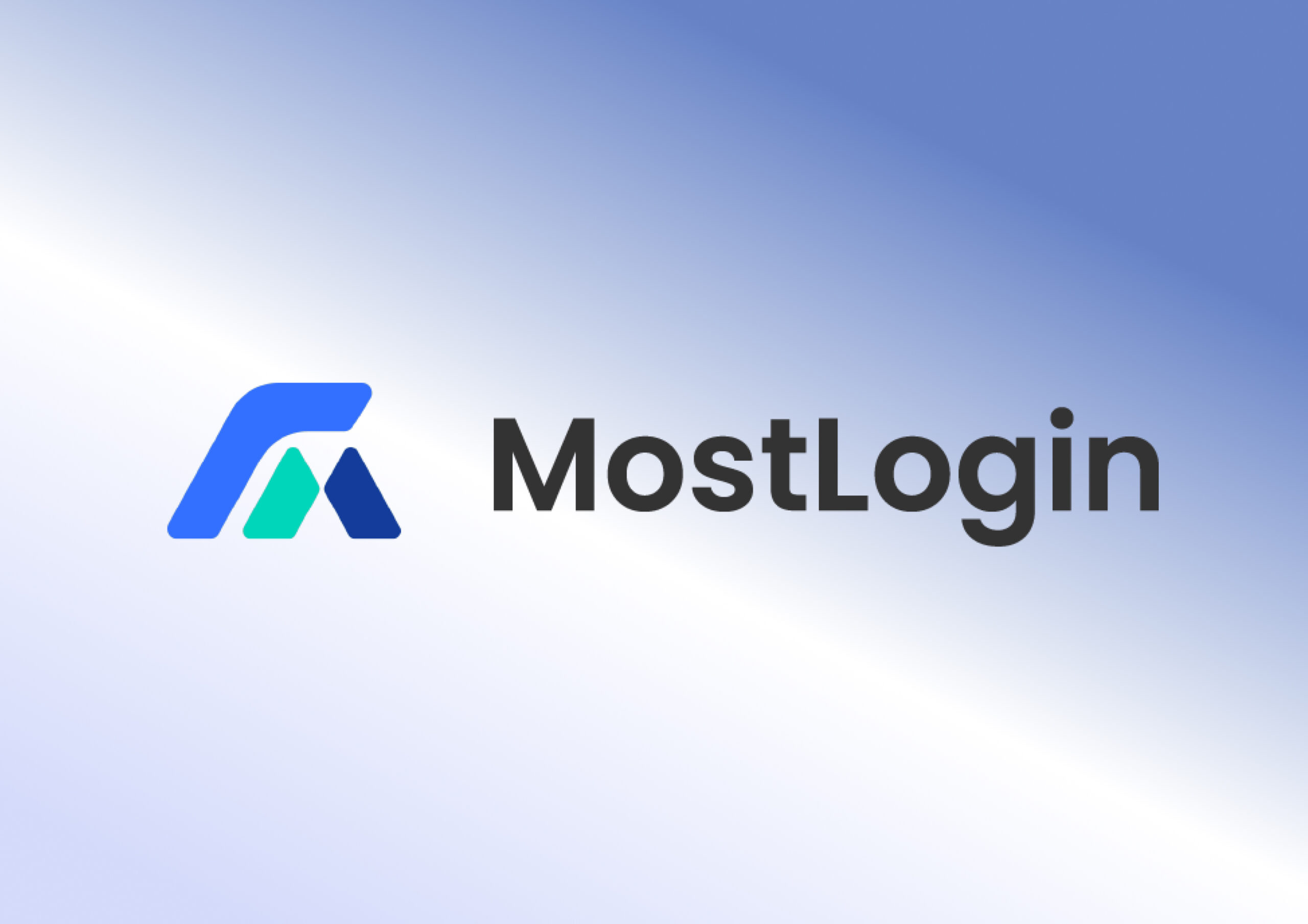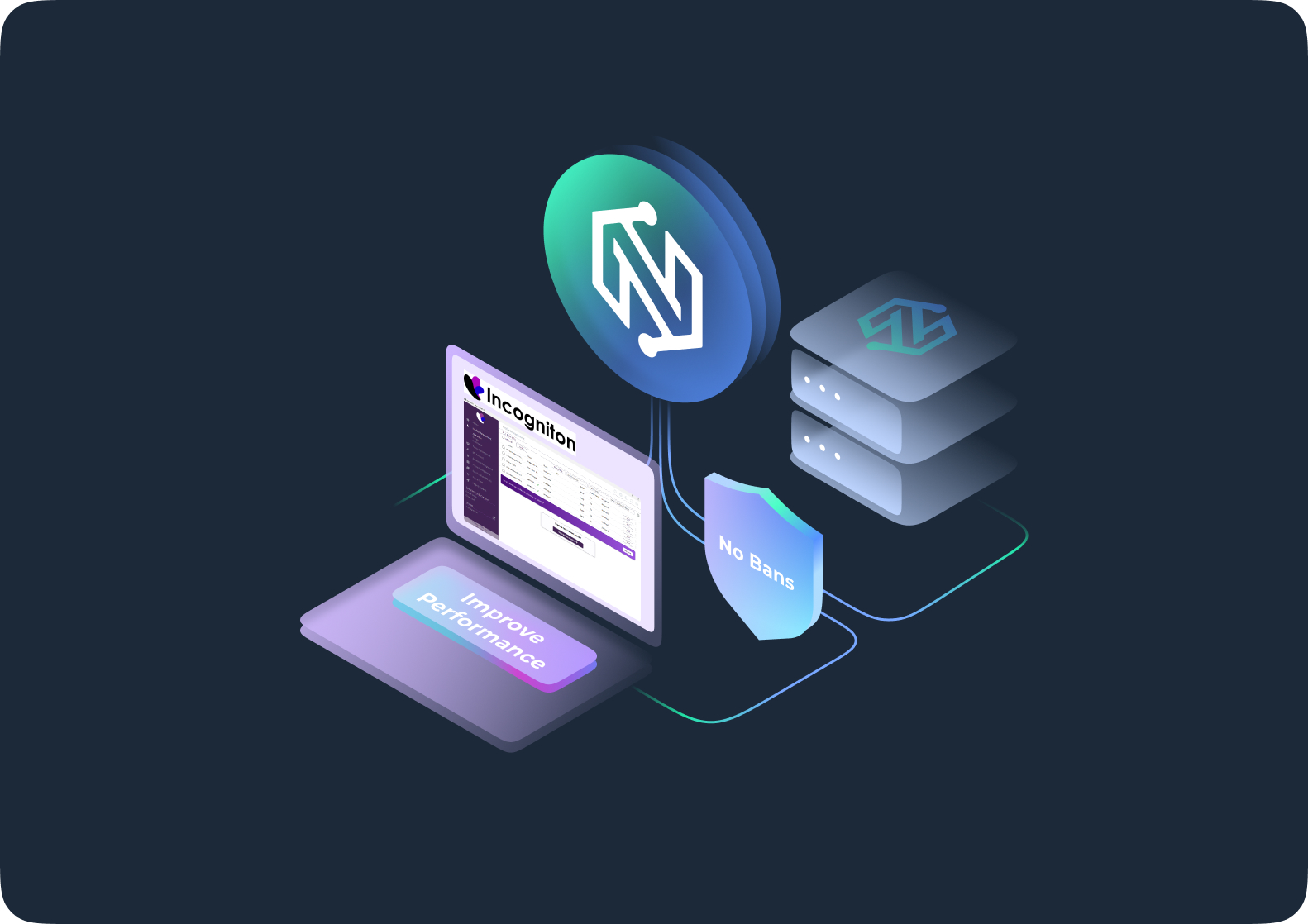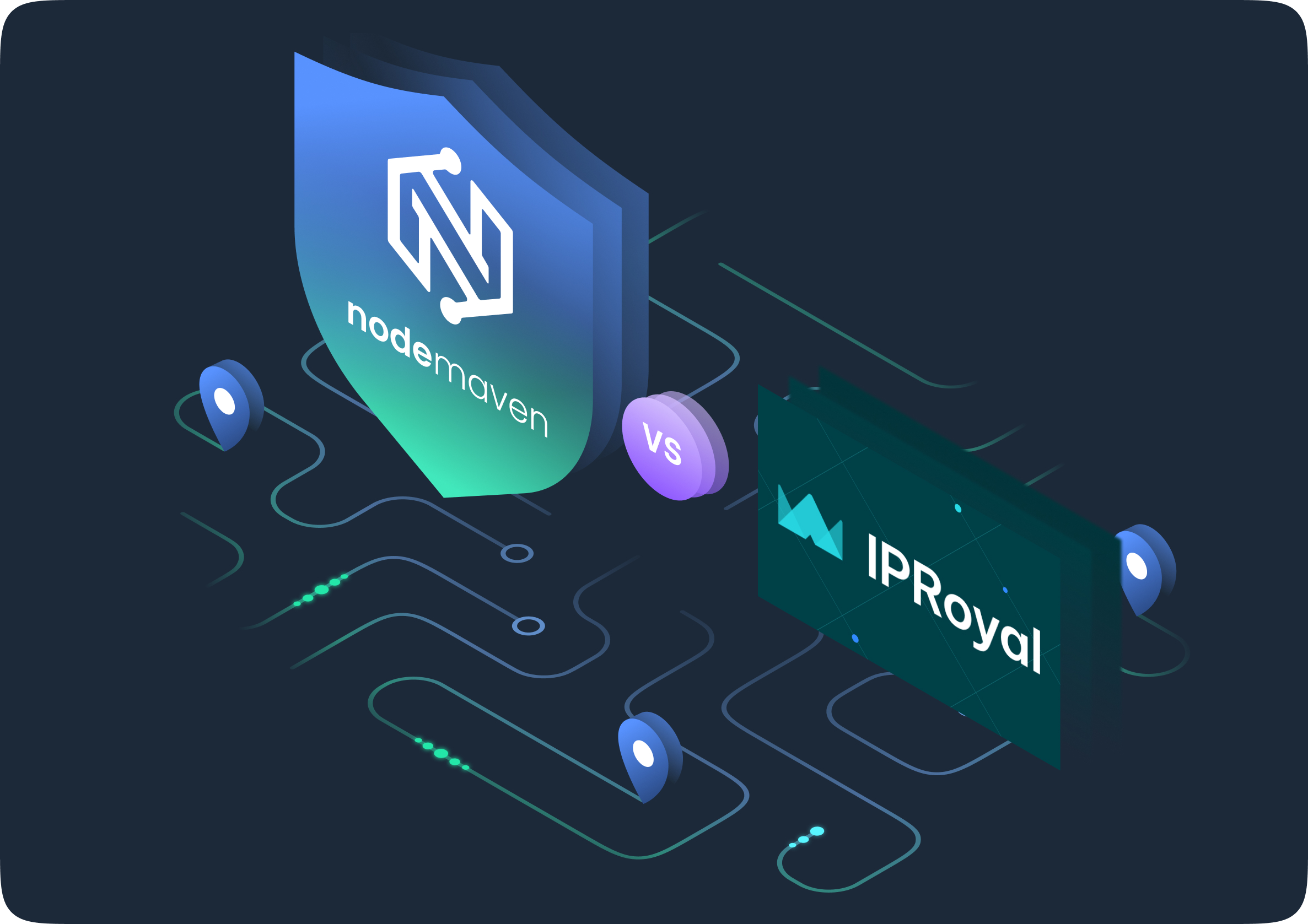If you’ve ever wanted to scrape Google Reviews to analyze customer sentiment, monitor competitors, or collect business data at scale — you’re not alone. Thousands of marketers, data analysts, and entrepreneurs rely on this technique to extract public review data for smarter decision-making.
But scraping Google Reviews comes with its own set of challenges — from CAPTCHA walls to IP bans. In this guide, we’ll break down how to scrape Google Reviews safely, the tools you’ll need, and how NodeMaven proxies help you do it undetectably.
What Is Google Reviews Scraping?
Scraping Google Reviews means extracting publicly available data (such as user names, star ratings, timestamps, and text reviews) from Google Business Profiles or Google Maps listings.
This data can be used for:
- Sentiment analysis (what people think about a brand or location)
- Competitor benchmarking
- Reputation management
- Local SEO research
- Data enrichment for CRM or market research tools
Example: A marketing agency might scrape reviews from dozens of local restaurants to find opportunities for SEO improvements or to pitch ORM (Online Reputation Management) services.
Is It Legal to Scrape Google Reviews?
This is one of the most common questions. The short answer: yes — if done responsibly.
Public data (like reviews shown on Google Maps or search results) can generally be collected for analysis as long as:
- You don’t violate Google’s Terms of Service by overwhelming their servers or bypassing paywalls.
- You don’t collect personal or private information.
- You use the data ethically, e.g., for internal analytics or aggregate reporting.
To stay compliant, you should use proper rate limiting, rotating IPs, and ideally an official API where available. However, since Google’s Places API limits data access, most data professionals rely on custom scraping setups using proxies.
Why Scrape Google Reviews? (Top Use Cases)
Google Reviews are one of the most valuable sources of business intelligence online. Here’s what people use them for:
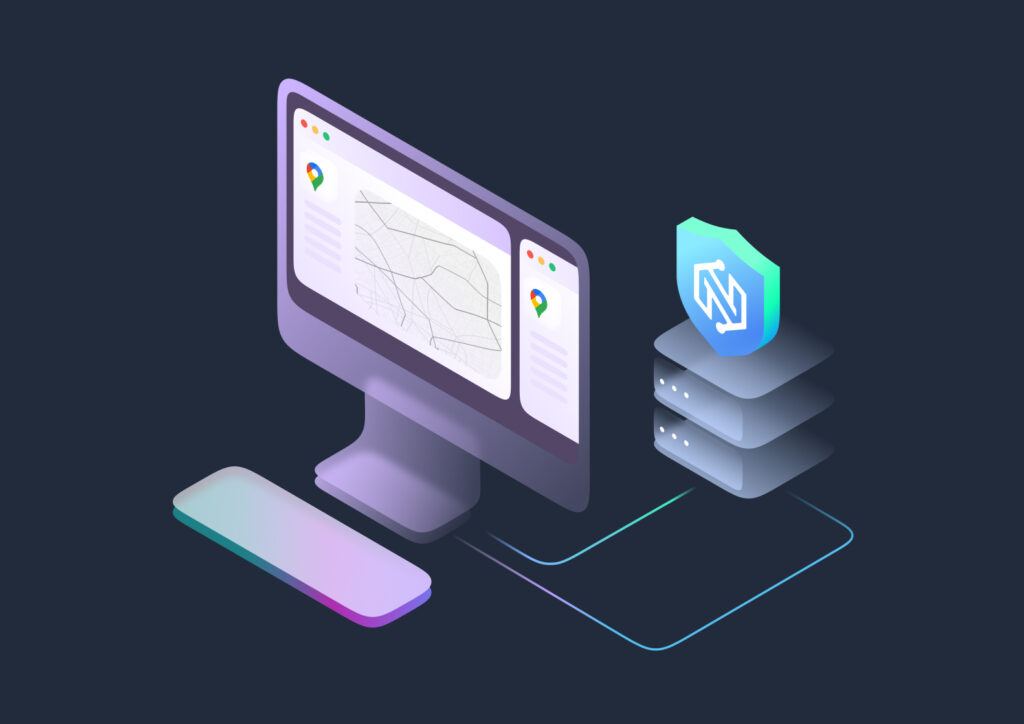
1. Competitor Intelligence
Extract reviews from competing businesses to find their weaknesses and opportunities for positioning your own services or products.
2. Brand Reputation Tracking
Monitor your own or clients’ reviews over time. Identify negative trends early and take action before reputation dips.
3. Local SEO Optimization
Reviews impact Google’s local ranking algorithm. Scraped review data can help you understand which keywords, sentiment, or location cues are helping others rank better.
4. Customer Sentiment Analysis
Feed scraped review data into AI models or natural language processing (NLP) tools to detect themes — from delivery complaints to product praise.
5. Market Research
Find out what people love or hate about products in a category. This is especially valuable for eCommerce sellers or service providers expanding into new markets.
How to Scrape Google Reviews (Step-by-Step)
Let’s walk through a simple, scalable approach to scraping Google Reviews.
Step 1: Define Your Data Goals
Decide what kind of data you need:
- Business names and categories
- Review text, date, and rating
- Reviewer profile and location (if public)
- Review responses from the business owner
This will determine how you structure your scraper or API request.
Step 2: Identify Data Source
There are two main ways to access Google review data:
- Google Maps Website Scraping – Using browser automation tools (like Playwright, Puppeteer, or Selenium) to extract reviews directly from a business profile.
- Google Maps API (Places API) – Official API that returns structured review data, but often limited to a few reviews and requires an API key.
If you need large-scale data extraction, web scraping with residential proxies is more flexible and scalable.
Step 3: Choose Your Scraping Method
There are several ways to build your scraper:
Option A: Browser Automation Tools
Use tools like:
- Playwright
- Puppeteer
- Selenium
These mimic human behavior by scrolling, clicking “More Reviews,” and expanding hidden comments. Pairing these tools with rotating proxies allows you to avoid detection and access more data.
Option B: Prebuilt Google Reviews Scraper Tools
If you’re not a developer, try services like:
- Apify Google Maps Scraper
- Outscraper
- Phantombuster
These handle scraping logic for you, though they often have higher per-request costs.
Step 4: Use Proxies to Avoid Blocks
This is where most scrapers fail.
Google has strong anti-bot mechanisms that detect unusual traffic from a single IP. If your scraper sends too many requests, you’ll face CAPTCHAs or IP bans quickly.
That’s why you need proxies — specifically residential or mobile proxies that mask your requests as if they’re coming from real users in different locations.
Using NodeMaven Proxies for Google Reviews Scraping
NodeMaven’s residential and mobile proxy network is purpose-built for scrapers, automators, and data professionals who need to collect Google data without getting flagged.
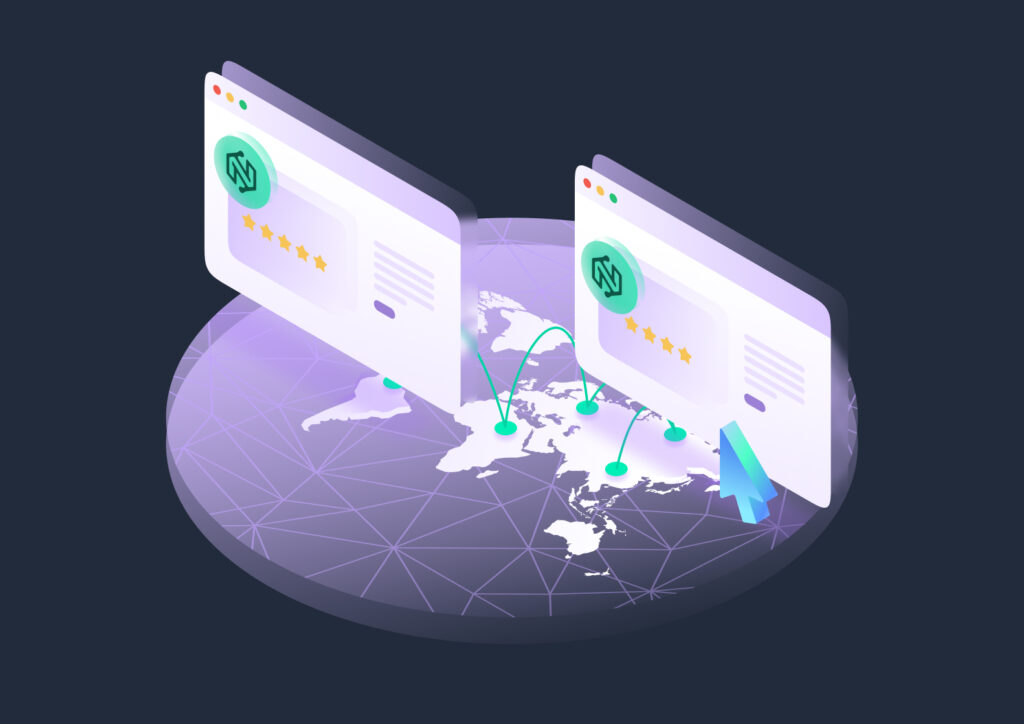
Here’s how they make a difference:
1. High-Quality IP Pool
NodeMaven’s proprietary IP Quality Filter eliminates flagged or recycled IPs, ensuring your Google scraping sessions remain undetectable and clean.
2. Sticky and Rotating Sessions
For Google Maps scraping, stability is key. NodeMaven offers:
- Rotating Residential Proxies for large-scale scraping with automatic IP rotation
- Super Sticky Sessions (up to 24 hours) for maintaining the same IP throughout long scraping sessions
This helps prevent session resets or data mismatches.
3. Geo-Targeting by City or ISP
Need reviews from specific regions or businesses visible only in local SERPs? NodeMaven allows precise geo-targeting, down to the city or ISP level, so you can simulate local browsing from anywhere.
4. Integrated Anti-Detection Support
NodeMaven proxies are designed to plug seamlessly into anti-detect browsers like Multilogin, GoLogin, or Dolphin Anty, making them ideal for scraping workflows that mimic human browsing.
5. Pay-as-You-Go Flexibility
Unlike rigid proxy providers, NodeMaven’s pay-as-you-go model and traffic rollover feature let you scale scraping operations without wasting bandwidth or budget.
Learn more: Proxies for Google Reviews – NodeMaven
Example: Scraping Google Reviews with Python + Playwright + NodeMaven Proxies
Here’s a simplified example of how you can set this up:
from playwright.sync_api import sync_playwright
proxy = "http://user:[email protected]:PORT"
with sync_playwright() as p:
browser = p.chromium.launch(proxy={"server": proxy})
page = browser.new_page()
page.goto("https://www.google.com/maps/place/Starbucks/")
# Scroll through reviews
for _ in range(5):
page.mouse.wheel(0, 2000)
page.wait_for_timeout(1000)
reviews = page.query_selector_all(".jftiEf")
for r in reviews:
print(r.inner_text())
This script:
- Launches a browser with a NodeMaven proxy
- Opens a Google Maps business page
- Scrolls to load more reviews
- Extracts visible review text
You can scale this setup by rotating IPs and adding multiple sessions in parallel.
Common Challenges (and How to Solve Them)
1. CAPTCHA or Block Pages
Use mobile proxies with natural IP rotation to bypass CAPTCHA-heavy endpoints.
2. Incomplete Review Loading
Ensure your automation scrolls to the bottom of the review list or uses delays to allow full rendering.
3. Dynamic Content (AJAX loading)
Use Playwright’s wait_for_selector() to make sure data is loaded before extraction.
4. Geo-Restricted Listings
Target reviews from specific countries or cities using NodeMaven’s geo-targeting options for maximum coverage.
Ethical & Practical Best Practices
Scraping responsibly ensures your operations stay sustainable and compliant.
- Respect robots.txt where applicable
- Limit request frequency (add delays between requests)
- Don’t sell scraped data directly — use it for analysis or insights
- Mask your identity via residential proxies rather than datacenter IPs
- Store and handle data securely
Remember: scraping is about automation with responsibility — not abuse.
Alternative: Google Maps API
If your use case doesn’t require high-scale extraction, try the official Google Places API. It allows you to fetch:
- Up to 5 recent reviews per place
- Author name, rating, text, and date
However, the API is rate-limited and doesn’t provide historical data. For in-depth analysis, scraping remains the only scalable option.
Final Thoughts: Scraping Google Reviews the Smart Way
Scraping Google Reviews can unlock powerful insights for your business — from improving SEO and customer satisfaction to dominating local search visibility.
The key is doing it safely, efficiently, and undetectably. That’s where NodeMaven comes in — offering real-user residential and mobile proxies, long sticky sessions, and precision geo-targeting designed for professional web scrapers and digital hustlers.
If you’re serious about scaling your data collection or automation workflow —
👉 Get Started with NodeMaven Proxies for Google Reviews
